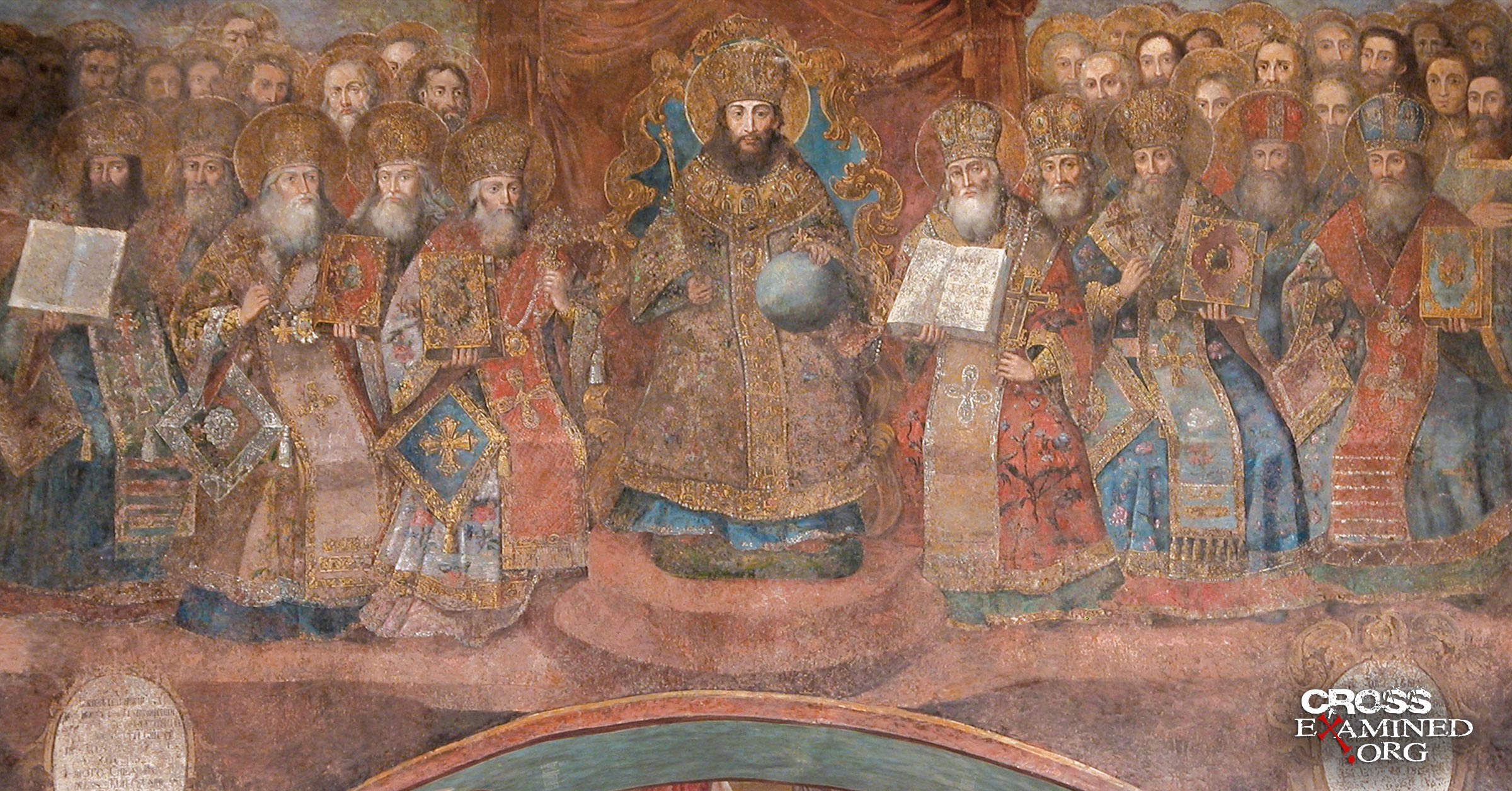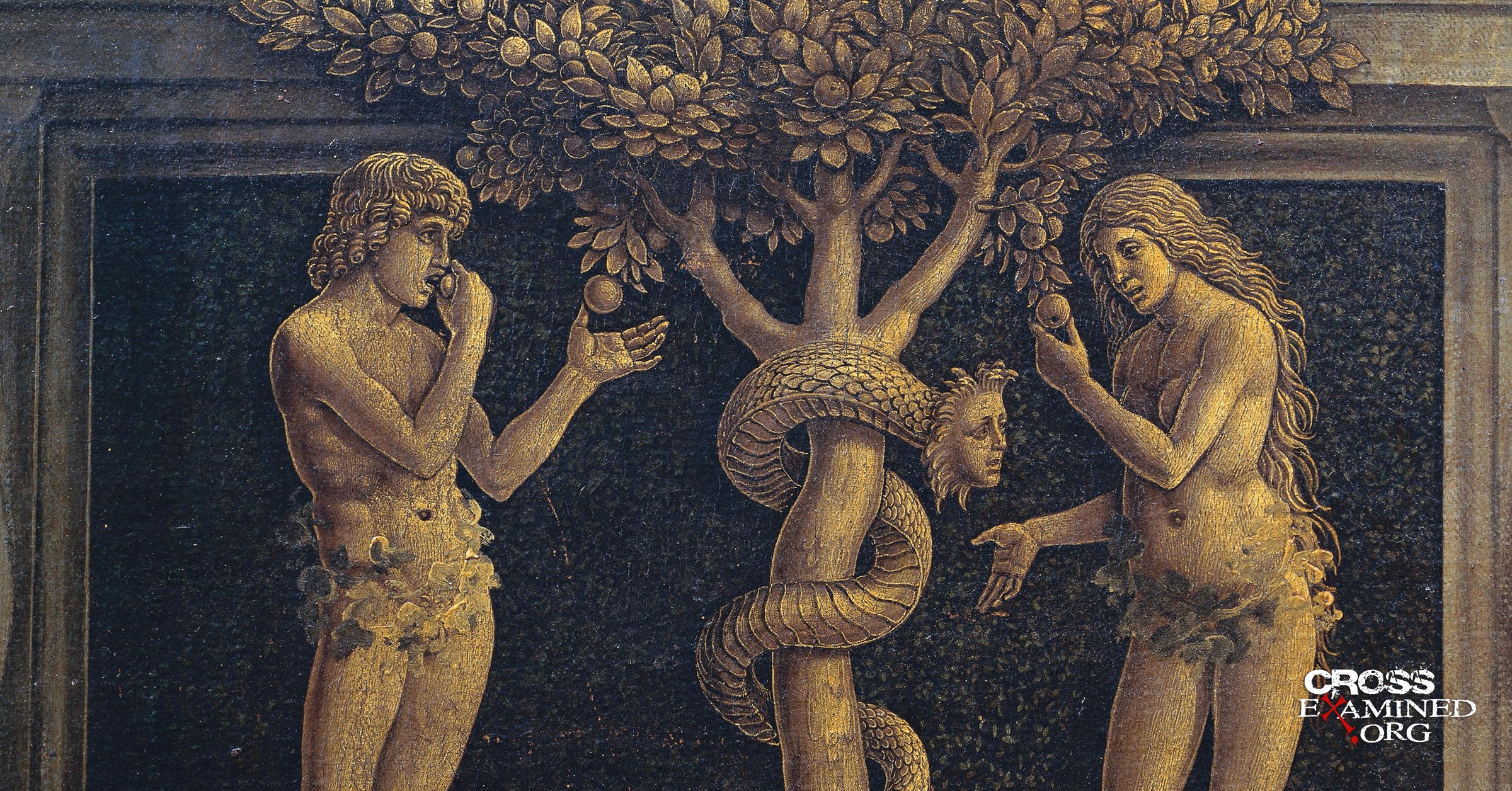If you are not familiar with the name Alfred Kinsey, you might want to look him up, and you might want to start with Judith Reisman‘s, Sexual Sabotage: How One Mad Scientist Unleashed a Plague of Corruption and Contagion on America. In it, Reisman chronicles Kinsey’s recognition as the America’s expert on “sex education” whose studies have influenced our cultural institutions since 1948 when his book, Sexual Behavior in the Human Male, along with his 1953 follow-up, Sexual Behavior in the Human Female hit the higher education marketplace. In these books Kinsey pronounced untold “facts” about human sexuality that many in the culture and education have used as the standard by which the topic is addressed in academia to this day.
Here’s the problem. Kinsey’s studies were conducted on test cases made up of:
“… draft dodgers, violent felons, homosexuals and other aberrants … By 1946 Kinsey added ‘1400 convicted sex offenders in penal institutions,’ ‘two hundred sexual psychopath patients’ and well over 600 sexually abused boys. In sum, 86% of deviant ‘subjects’ [were used to define] the Libido of The Greatest Generation … [As for women], Kinsey selected — and paid — prostitutes to represent American womanhood. He loosely defined a ‘wife’ as someone who had lived ‘at least a year’ with a man.”*
And what about Kinsey himself? In perversions that are unrepeatable here, Kinsey began “sexual experimentation” at age 7 in the basement of his Hoboken, New Jersey home. I’ll spare the details but suffice it to say that by the time he conducted the studies that became his books, Kinsey had assembled a staff where “everyone was a bisexual, homosexual, pedophile, pederast, or just wholly amoral … [and whose studies involved] 214 children ranging in age from 1 to 14 years.”**
That’s not a typo. Age ONE to FOURTEEN. And, yes, that means that Kinsey’s “research” involved a staff who arranged and observed “sex play” in children age 4 to 15. As Reisman puts it, “Kinsey fed America a pack of lies, starting with his claim that sexual behavior widely accepted as wrong was, in fact, commonplace. From there, he pushed the lie that such behavior was normal, and finally, he advanced the lie that it was good, healthy, and to be encouraged. Thus, by degrees, Kinsey and his minions turned America’s moral compass upside down …”***
On Kinsey’s cue, Hugh Hefner began to mainstream pornography. But what is worse, Hefner and other Kinsey disciples founded the Sexuality Information and Education Council of the United States (SIECUS). If that acronym sounds familiar it is because SIECUS is the foremost provider of sex education in American public schools.
So what am I getting at?
Well, in 1972, a man named Graham Spanier endorsed Kinsey’s research to the Midwest Sociological Society and, in 1976, under a grant from the National Institute of Child Health and Development, he also validated Kinsey’s data on “childhood sex play” for similar “scholars.” In 2002, Spanier also approved Pat Califia, a “transgendered advocate of sado-masochism and pedophilia” as the keynote speaker for a women’s health conference at his place of employment. The year before he allowed the group, Womyn’s Concerns to hold a “Sex Faire” at the same location which featured activities like “orgasm bingo” and “the tent of consent.” When asked if the “fair” was morally wrong, Spanier replied, “It depends on what your definition of immoral is.”****
That location was a college campus. Spanier was the President of Penn State University — the leader of the gang of cowards who knew about, covered for, and lied about the activities the child rapist, Jerry Sandusky.
There has been a lot written about the disgusting story of the Penn State football program. One of my favorites comes from Rick Reilly’s self-confessed failure to not see the hagiography that was going on at PSU for so many years that allowed such a thing to occur. Many have commented on the deceit and perversion, but I haven’t seen any attempt to expose the chain of perverts that leads from Kinsey to Spanier to Sandusky. Nor have I seen anyone try to explain why someone like Joe Paterno, who had no apparent tolerance for the despicable actions of his defensive coach, would be willing to stay quiet about it. I believe this goes beyond his being embarrassed for, and trying to protect, the school or his football program. At its core, this is one of the many fruits of moral relativism — the unwillingness to acknowledge that something is objectively wrong in and of itself.
In 1993, the late Senator Daniel Patrick Moynihan put forward the thesis that:
“…over the past generation, the amount of deviant behavior in American society has increased beyond the levels the community can ‘afford to recognize’ and that, accordingly, we have been redefining deviancy so as to exempt much conduct previously stigmatized, and also quietly raising the ‘normal’ level in categories where behavior is now abnormal by any earlier standard. This redefining has evoked fierce resistance from defenders of ‘old’ standards, and accounts for much of the present ‘cultural war’ …
The American Scholar, (Winter 1993)
Our culture has surely been “defining deviancy down” for quite some time. We are willing to “exempt conduct previously stigmatized” because it has become more unacceptable to be thought an arrogant or oppressive defender of objective moral truth, than it has to become complicit in the rape of little boys.
_______________
* Marcia Segelstein, “Lie Charts,” Salvo (Autumn 2011, p. 36)
** Ibid, 40-41.
*** Ibid, 36.
**** Judith Reisman, “It’s Academic,” Salvo (Spring 2012, p. 40-41)





